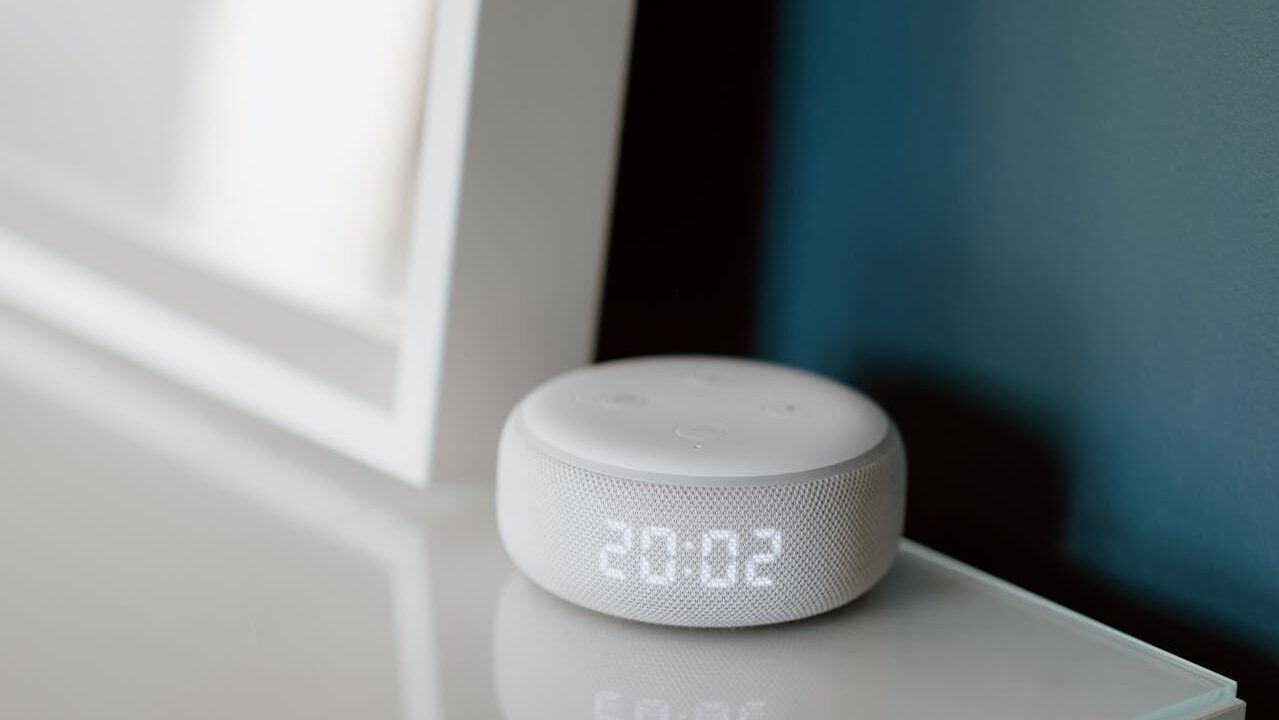As a building material, steel has become incredibly popular over the past 30 years, particularly in commercial and high rise residential buildings. It is affordable, strong, ductile and sustainable – just some of the reasons it is the go-to-material for so many construction companies.
In the UK, foundations are laid for almost any building or structure. The foundations provide the base upon which the building can sit, transferring the load of that building to the earth in a stable manner, protecting it from earth movements. A typical home in the UK requires what are known as shallow foundations, which as up to a couple of metres deep. In conditions of poor soil, or if the building is going to be very large, an architect is likely to recommend deep foundations, which can stretch to many metres down.
In the UK, the foundations of many homes are reinforced with steel rods, boxes or foundation assemblies whether the foundations are deep or shallow. The boxes are available off the shelf or custom made by manufactures such as Brooks Forgings, a company based in the West Midlands. In deep foundations, steel piles are driven into the ground to provide support to the rest of the foundation. This article takes a look at why steel is so prevalent as a reinforcing material in the foundations of British homes.
Economic Sense
Steel foundation frames and boxes are quick to install, meaning project times can be maintained and costs kept down. Steel is also relatively cheap (it has actually fallen in price over the last 30 years when one accounts for inflation) meaning reinforcing foundations won’t break the bank. This is largely due to enhanced productivity in the steel manufacturing industry as well as a particularly competitive sector.
Moreover, both technical and labour support is widely available in the UK meaning hiring an expert to plan a reinforced steel foundation is relatively inexpensive. Installation costs, after care and any modifications can also be completed whilst keeping the budget under control.
Quality, Strength and Durability
On the subject of after care, the beauty of steel is its strength and durability. It will not creep or shrink as concrete does and it is extremely durable and resistant to damage. This means foundations, once laid, can last for well over a century with no need for maintenance.
In addition, steel has great tensile strength in compression and tension, making it ideal for the foundations of a home. This is particularly true for homes built in poor soil where deep foundations are being dug.
Moreover, steel in the UK is now a high tech industry able to produce quality, precision parts offsite with no need to medication during installation. Tight tolerances can be met by leading manufacturers who have sophisticated CAD/CAM software available at their disposal.
Sustainability
Steel is a completely recyclable material, meaning once a building is knocked down, the foundations can be extracted and completely re-used. Not only does this mean there is no waste left on site, it reduces the footprint of new steel production. In fact, it is estimated that some 50% of all steel produced globally is manufactured using recycle material. Moreover, steel foundations can be easily adapted to meet new building requirements and are easily updated.
In terms of the carbon footprint of the steel supply chain, the UK has a great track record of companies striving to minimise their environmental impact. Many firms involved in the steel trade adhere to ISO 1400 standards, meaning they are actively measuring their consumption and minimising waste.
Vibration
In areas of seismic activity, steel is often used because of its ability to absorb vibrations. Its ductility means it is able to dampen vibrations far better than concrete alone. Even in the UK, where seismic activity is rare, this attribute can be extremely valuable.
To summarise, whether the foundations are shallow or deep, steel is an incredibly useful and popular building material in the UK for a number of reasons. Using it makes economic sense as it is cheap, easy to install and completely sustainable. Couple this with the fact that it is a strong, durable material and it easy to see why it has become a staple part of the foundations of many homes.







